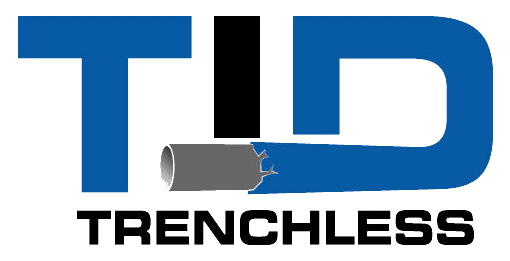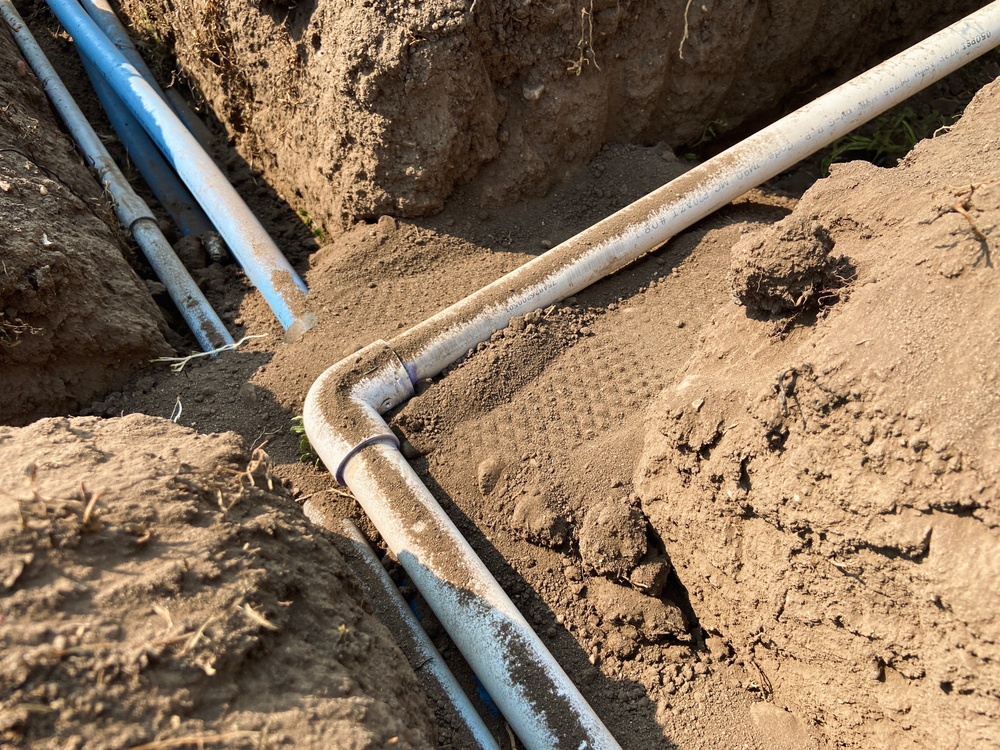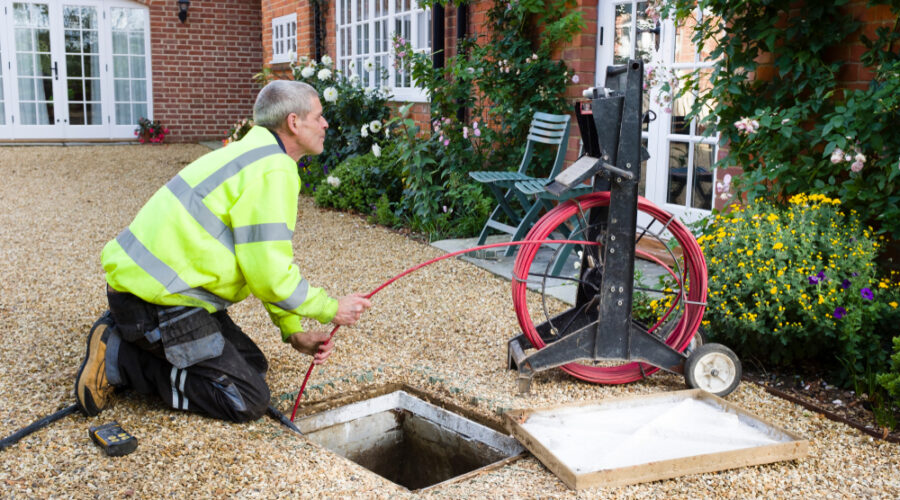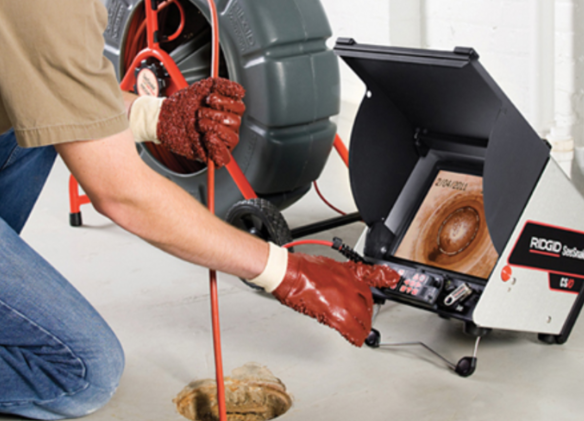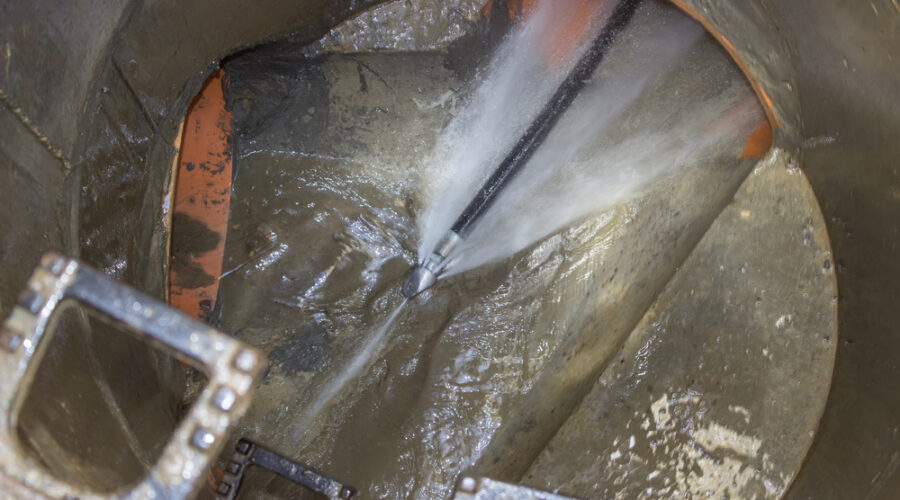Are you concerned about the safety of your PVC pipes when it comes to hydrojetting? Well, worry no more! In this article, we will delve into the world of hydrojetting and discuss whether it is safe for your PVC pipes. Hydrojetting is an effective method of clearing blockages and obstructions in plumbing systems, but many homeowners and business owners hesitate to use it on PVC pipes due to concerns about potential damage. However, you’ll be pleased to know that hydrojetting is indeed safe for PVC pipes when done by professionals who understand the intricacies of the process. By using high-pressure water to clean the pipes, hydrojetting not only removes the clogs but also gets rid of built-up residue and debris, leaving your PVC pipes in pristine condition. So, let’s debunk the myths and find out why hydrojetting is a safe and reliable option for maintaining your PVC pipes.
What are PVC pipes and their vulnerabilities?
Polyvinyl chloride (PVC) pipes are commonly used in plumbing systems due to their affordability, durability, and resistance to corrosion. These pipes are made of a type of plastic that is lightweight and easy to install. While PVC pipes are known for their strength, they are not invincible. Like any other material, PVC pipes have their vulnerabilities. They can become clogged with debris, grease, hair, and other substances over time, leading to reduced water flow and even complete blockages. That’s where hydrojetting comes in.
Understanding Hydrojetting and how it works
Hydrojetting is a method of pipe cleaning that utilizes high-pressure water to remove blockages, sediment, and other buildup from the interior of pipes. The process involves inserting a specialized nozzle into the pipe, which sprays water at extremely high pressure in all directions. The force of the water is powerful enough to break up even the toughest clogs and flush them out of the system. Hydrojetting is particularly effective against stubborn blockages that traditional drain cleaning methods may struggle to remove.
The high-pressure water used in hydrojetting is typically delivered through a hose connected to a specialized machine. The pressure can be adjusted based on the specific needs of the pipe being cleaned. This flexibility allows professionals to tailor the hydrojetting process to the unique characteristics of PVC pipes, ensuring optimal cleaning results without causing any damage.
Benefits of Hydrojetting for PVC pipes
Hydrojetting offers several benefits when it comes to cleaning and maintaining PVC pipes. Firstly, it is an environmentally friendly option as it does not involve the use of harsh chemicals that can be harmful to the environment and the pipes themselves. The high-pressure water effectively clears away blockages without leaving behind any residue or chemical buildup.
Additionally, hydrojetting is a thorough cleaning method. It not only removes the immediate blockage but also clears away any debris, sediment, or grease that may have accumulated on the pipe walls over time. This results in improved water flow and helps prevent future clogs from occurring.
Unlike other drain cleaning methods that may only provide temporary relief, hydrojetting offers long-lasting results. By thoroughly cleaning the pipes, it reduces the likelihood of future blockages and minimizes the need for frequent maintenance and repair. This can save you both time and money in the long run.
Is Hydrojetting safe for PVC pipes?
Now, let’s address the main concern: Is hydrojetting safe for PVC pipes? The answer is yes, as long as it is done by professionals who understand the intricacies of the process. PVC pipes can withstand the high-pressure water used in hydrojetting when the pressure is properly regulated. Professionals who specialize in hydrojetting are trained to assess the condition of the pipes and adjust the pressure accordingly to ensure no damage occurs.
However, it is important to note that older or damaged PVC pipes may be more susceptible to damage during the hydrojetting process. Before opting for hydrojetting, it is advisable to have a professional inspect the pipes to determine their condition and suitability for the procedure. In cases where the pipes are severely degraded or compromised, alternative methods of pipe cleaning or repair may be recommended.
Common misconceptions about Hydrojetting and PVC pipes
There are several common misconceptions surrounding hydrojetting and its impact on PVC pipes. One of the most prevalent misconceptions is that hydrojetting will cause the PVC pipes to burst or crack. While it is true that excessive pressure can potentially damage pipes, professionals who specialize in hydrojetting understand the limitations and adjust the pressure accordingly to avoid any harm to the pipes.
Another misconception is that hydrojetting is only suitable for metal pipes and not PVC pipes. This is not true. Hydrojetting can be safely and effectively used on PVC pipes as long as it is performed by professionals who have the expertise and experience to handle the process correctly.
Factors to consider before using Hydrojetting on PVC pipes
Before deciding to use hydrojetting on PVC pipes, there are a few factors that should be taken into consideration. Firstly, as mentioned earlier, the condition of the pipes should be assessed by a professional. They will be able to determine if hydrojetting is a suitable option based on the age, material, and overall condition of the pipes.
Another important factor to consider is the expertise of the professional performing the hydrojetting. It is crucial to hire a reputable and experienced plumbing service that specializes in hydrojetting. They will have the necessary knowledge and equipment to safely and effectively carry out the process without causing any damage to the PVC pipes.
Lastly, it is important to follow up the hydrojetting process with regular maintenance and inspections to ensure the long-term health of the PVC pipes. This may include periodic cleaning, checking for any signs of damage or degradation, and addressing any issues that may arise in a timely manner.
Alternatives to Hydrojetting for PVC pipes
While hydrojetting is generally safe for PVC pipes, there may be situations where alternative methods are more appropriate. For instance, if the PVC pipes are severely damaged or corroded, hydrojetting may not be the best option. In such cases, pipe repair or replacement methods may be recommended by professionals.
Another alternative to hydrojetting is the use of mechanical drain snakes or augers. These tools can be effective in removing certain types of blockages, especially when the clog is located closer to the drain opening. However, mechanical drain snakes may not be as thorough as hydrojetting when it comes to clearing debris and residue from the entire length of the PVC pipes.
Hiring a professional for Hydrojetting on PVC pipes
When it comes to hydrojetting PVC pipes, it is essential to hire a professional plumbing service that specializes in this method. Look for a reputable company with experience in hydrojetting and a track record of successfully cleaning PVC pipes without causing any damage. A professional will assess the condition of the pipes, use the right equipment, adjust the pressure accordingly, and ensure that the hydrojetting process is carried out safely and effectively.
Conclusion
In conclusion, hydrojetting is a safe and reliable method for cleaning PVC pipes when done by professionals who understand the intricacies of the process. It offers numerous benefits, including thorough cleaning, improved water flow, and long-lasting results. While there may be misconceptions and concerns about the potential damage hydrojetting can cause to PVC pipes, it is important to remember that when performed by professionals, hydrojetting is a safe and effective option for maintaining the health and functionality of your PVC plumbing system. So, if you’re experiencing stubborn clogs or reduced water flow in your PVC pipes, don’t hesitate to consider hydrojetting as a solution.
